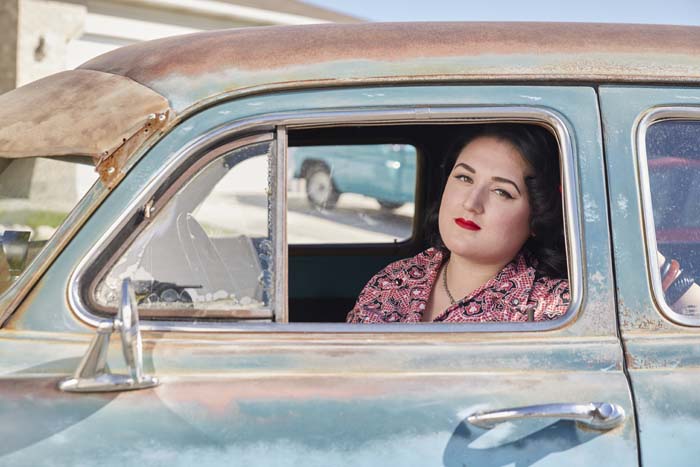
For many people, shopping at Deseret Industries or Goodwill is the only affordable way to buy clothes, toys, or furniture. Among these resources for everyday living lies the possibility of discovering cultural artifacts such as rare records, clothes, or books for a low cost.
It is not a new phenomenon to pick through these stores’ merchandise for unique items, however, in recent years, it has become trendy. Some pick for personal aesthetics, while others go armed with a smartphone or prior knowledge before purchasing an item for resale.
Local vinyl DJ, Eric Jenson, has been picking through thrift shops since he was a kid. Jenson has always been heavily influenced by music. For him, there is a thrill in discovering obscure records to spin on DJ nights. Jenson says, “It’s almost like therapy for me. I could spend hours on end doing it.” The process of looking for artifacts invites intrigue and often reveals a short jump into the rabbit hole of pop-culture.
With patience and a keen eye, one can come away with unique items that cannot be found anywhere else. Katie Douglas, a local pinup model, often enjoys going through the racks at Decades, and she is attracted to the adventure of finding something unexpected at a D.I. store or Goodwill. The trick is have an idea of the style you’re looking for, but not to go with expectations. “I rarely do,” says Douglas. “It’s not a good way to pick stuff up—because if you are super, hyper-focused on one thing, you miss everything else.”
Finding items cheaper is always an appeal, especially if it is a unique and quality item. Some stores have tried to get their foot in the door with reproductions of vintage clothing that carry a high price tag. Douglas says, “I’ve seen them go as low as $60—new, not on clearance—to $250 for a new dress.”
Unfortunately, not everyone who picks does so for archaeological reasons. Some stores are constantly overwhelmed by folks wishing to flip unique items for a quick buck on EBAY. Many shops even have appraisers who markup items before they hit the floor. This can be a profitable business plan for some, but leaves the shop bare for people like Douglas or Jenson.
Shops in Salt Lake City are usually over picked, but the rural ones, not as much, so they are still fair game.

“Into the ‘90s the D.I.’s were good, really good, “says Jenson. “Nowadays, I could probably hit up a dozen thrift stores and not find a single thing.” There is a catch though, according to Jenson. Flippers are usually only looking for certain things, and without a prior appreciation for the history of vintage items, they are likely to miss the gems—meaning there are still genuine treasures to be found by the rest of us.






